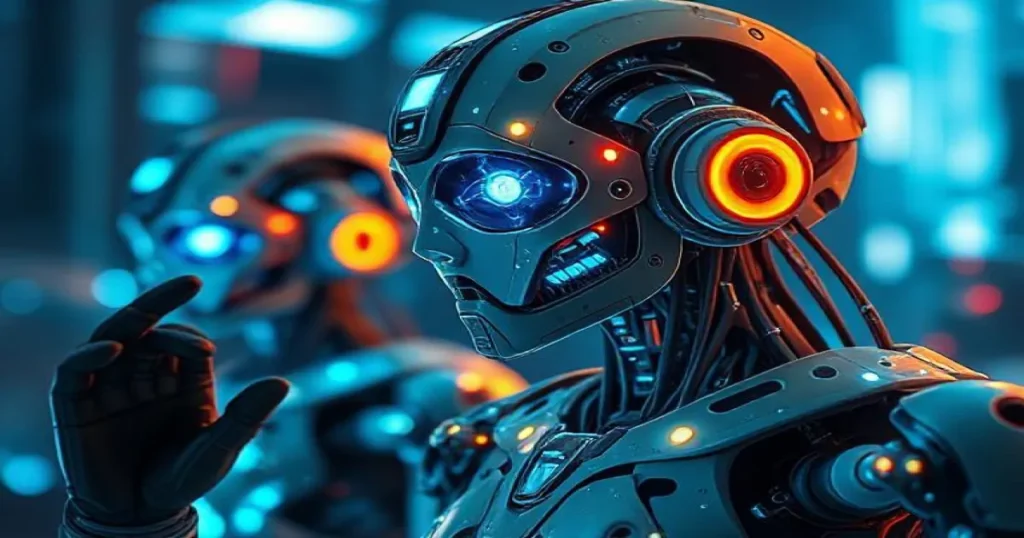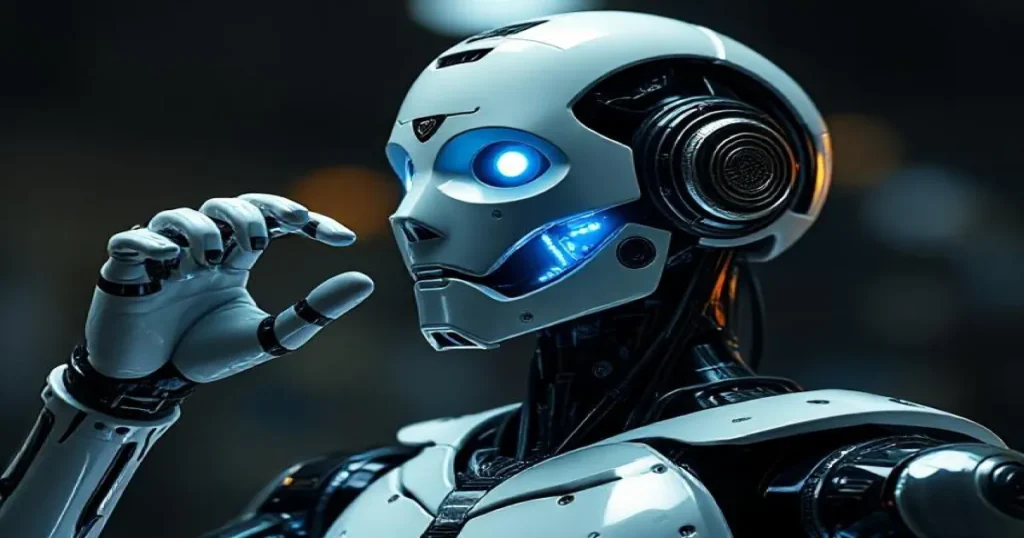It’s 2025, and artificial intelligence is no longer just about answering questions or summarizing documents. We’ve entered a new era: AI agents — tools that don’t just wait for instructions but take initiative, make decisions, and work with us to get things done.
Whether you’re a marketer juggling campaigns, a software developer writing code, or a customer service manager fielding endless tickets, chances are you’ve already started feeling the shift. But don’t worry — this isn’t the start of a robot takeover. In fact, it might just be the productivity revolution we’ve all been waiting for.
What Exactly Are AI Agents?

Think of AI agents as the next evolution of digital assistants — but smarter, faster, and far more independent.
Unlike chatbots or voice assistants that rely on prompts, AI agents operate with goals. You give them a task (e.g., “write and publish a blog,” “respond to support tickets,” “analyze competitor websites”), and they take care of the rest — often coordinating with other tools, gathering data, and taking action without needing constant direction.
Some popular examples gaining buzz right now:
- AutoGPT and AgentGPT – open-source tools that use large language models (LLMs) to carry out multi-step goals.
- Devin AI – an autonomous coding agent that can build and deploy entire software projects.
- Enterprise Copilots – AI agents integrated into business systems (CRMs, ERPs, etc.) to automate workflows across teams.
Why AI Agents Are Trending in 2025
Several factors are fueling this shift:
Workforce burnout: Many employees are overwhelmed with repetitive tasks. AI agents help reduce the load.
Remote and hybrid work: Teams are more distributed than ever. AI agents help bridge communication and automate coordination.
Smarter AI models: With GPT-4o and its successors, AI is now faster, more multimodal (handling text, voice, image, and video), and cheaper to run.
Cost savings: Businesses are realizing that AI agents can handle the work of several junior-level employees — without the overhead.
Real-World Use Cases
1. Marketing Automation
Agents are now scheduling social media posts, writing copy, A/B testing landing pages, and analyzing performance — often in real-time.
2. Software Development
Devin AI is one of the first agents capable of reading requirements, writing code, fixing bugs, and deploying apps — autonomously.
3. Customer Support
Instead of canned chatbot responses, AI agents are digging into customer histories, pulling relevant data, and offering personalized resolutions — 24/7.
4. Sales Enablement
AI agents can now research leads, draft outreach emails, log interactions in CRMs, and even schedule meetings.
Should We Be Worried About Our Jobs?

This is the big question. The short answer: Not if you adapt.
AI agents will undoubtedly replace some tasks, especially routine and manual ones. But they’ll also create new roles — like AI supervisors, prompt engineers, agent designers, and digital ethicists.
The key is to focus on what humans do best: creativity, emotional intelligence, strategy, and decision-making.
How to Prepare for the AI Agent Era
🔹 Audit your workflow – Identify repetitive tasks that could be handed off to an agent.
🔹 Upskill – Learn to work alongside AI (prompt writing, AI literacy, basic automation tools).
🔹 Experiment with agents – Tools like AutoGPT and Cognosys.ai let you test AI agents in real scenarios.
🔹 Stay human – Embrace AI, but double down on soft skills that can’t be replicated.
Final Thoughts
AI agents are no longer science fiction — they’re here, and they’re changing the way we work.
But this isn’t about replacing humans. It’s about freeing us from busywork so we can focus on what truly matters. Whether you run a business or work within one, the time to explore AI agents isn’t next year — it’s now.








1 thought on “How AI Agents Are Quietly Taking Over the Workplace – And Why That’s a Good Thing”